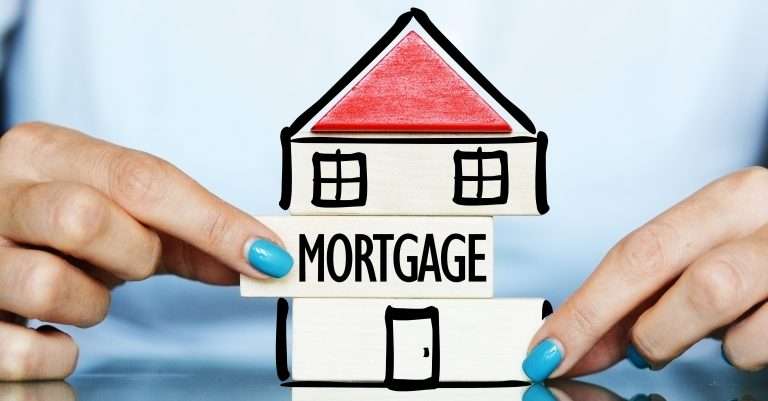“It’s no use going back to yesterday, because the world was different then” is a reality quite literally out of Alice in Wonderland. Three weeks ago the world went topsy turvy and many have found themselves either unemployed or with reduced pay. If you rent, your landlord will make the decision on forbearance, but if you own a house and have a mortgage, forbearance is federally mandated through the Coronavirus Aid, Relief, and Economic Security (CARES) Act.
Forbearance vs. Forgiveness
It is important to understand that forbearance is not forgiveness. Forgiveness erases the debt whereas forbearance delays the payment of it. If a homeowner can afford to continue paying their mortgage they should continue to do so. Forbearance should only be an option homeowners opt for if they are experiencing severe financial difficulty as a result of COVID-19 and need a break until we reach the other side of this crisis.
Forbearance Under COVID-19
Forbearance allows homeowners affected by COVID-19 to pause or lower monthly mortgage payments for up to 12 months. It is important to understand that forbearance does not erase a portion of the mortgage debt. Any skipped or reduced payments will have to be paid in the future. If a homeowner opts for loan forbearance and their income is restored, they should contact their loan servicer and resume making payments as soon as possible.
Do I Qualify For Forbearance?

Check online to see if your loan qualifies for forbearance.
All loans that are backed by the federal government fall under the CARES forbearance mandate. Close to 2/3 of mortgages are owned by a federal agency. So chances are most homeowners’ loans are federally backed loans. The loan servicer, the company that collects the mortgage payment, will be able to verify that information. Homeowners can also check at the Fannie Mae or Freddie Mac websites. Please note that FHA, VA and USDA loans are also federally backed loans.
What If I Don't Qualify For Forbearance Through The CARES Act?
If you don’t have a federally backed loan you have to contact your loan servicer and see what options are available to you. Loans that are not federally backed are not required to offer forbearance relief or any specific type of repayment plan. Although many loan servicers are following suit and offering clients options for forbearance.
My Loan Qualifies, How Long Can I Delay My Payments?
Homeowners can delay payments for up to 12 months. They will be granted 6 months reprieve at a time by their loan servicer and then they will have to ask for another 6 months.
What About The Interest?
The interest continues to accrue during the forbearance period. Homeowners should ask lots of questions and make sure they fully understand how forbearance will affect the repayment of their mortgage.
What About Taxes And Escrow?
The CARES Act does not specify how taxes and escrow should be handled. It is, however, money that will have to be paid back. Forbearing escrow may mean an increased mortgage payment at the end of the forbearance period. So it is important homeowners understand how their taxes and escrow payments will be handled so there are no surprises at the end of the forbearance period.
Repayment Of Forbearance Monies

Make sure you ask a lot of questions, so you fully understand what forbearance means for you.
The monies you have delayed paying must be paid at some point. The good news is is that you don’t have to make a lump sum payment at the end of the forbearance period as many loan servicers are telling customers. As per the CARES mandate loan services are required to offer several different payment options. So if they tell you a lump sum is your only option, tell them you would like to hear what other options are available to you.
Beware Of Scammers
If you are considering forbearance, beware that the COVID-19 emergency creates a perfect context for scammers to take advantage of people that are desperate for relief. Scammers will promise relief from your mortgage loan, or from foreclosure. Often times scammers will do or say the following :
- Charge fees for their services
- Guarantee loan modification
- Have you sign over the title to your property
- Have you sign papers you don’t understand
- Ask you to make payments to a company that is not your loan servicer
- Advise you to stop making payments
- Promise payments in exchange for providing credit card numbers and other personal information
Always consult with your loan servicer regarding any mortgage forbearance options. Don’t ever trust a third party and be especially suspicious of any options that sound too good to be true.
Making The Final Decision on Forbearance
Homeowners should only avail themselves of forbearance if they really need it. It is important they understand the full impact of forbearance and repayment on their finances. The final decision to go into forbearance should not be taken lightly.



















2 Responses